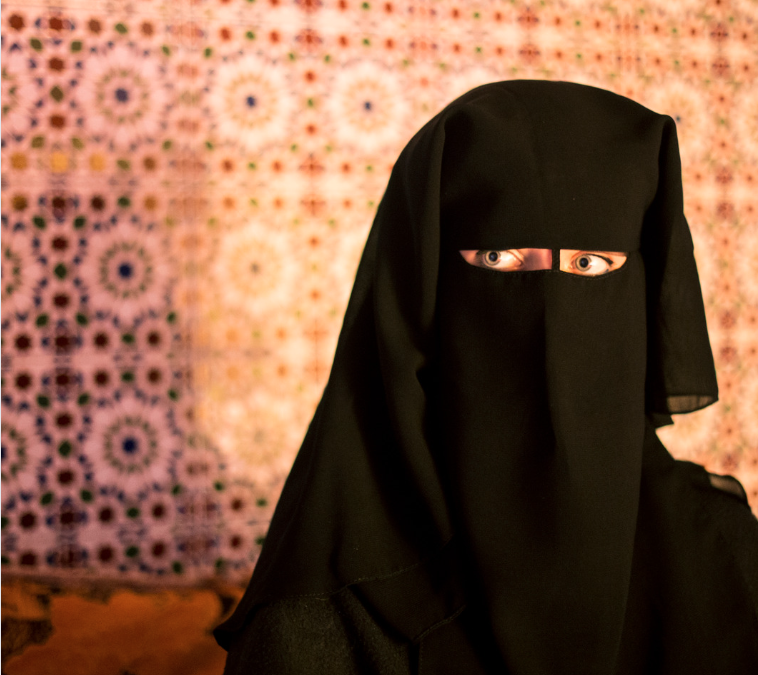On October 6th, the French armed forces ministry confirmed that they had initiated the historic withdrawal of their troops from Niger.
Thousands of Nigerians gathered in Niamey, their capital, to celebrate the expulsion of the French military and Sylvain Itté, the French ambassador, from the West African state. When soldiers from the presidential guard overthrew captive president Mohamed Bazoum on July 26th, President Emmanuel Macron announced that they would not take orders from the military junta. Subsequently, after the de facto leader, General Abdourahamane Tchiani, demanded that the French authorities withdraw Itté and their 1,500 soldiers stationed in Niger, Macron reiterated his stance that France will only recognise the authority of Bazoum, who was democratically elected and will continue to ignore Tchiani’s demands.
However, on September 24th, in an unexpected foreign policy change, Macron confirmed Itté’s departure and committed to a full military withdrawal by the end of the year. The official explanation given by the French president for this U-turn was that the junta “no longer want to fight against terrorism” in the region. While the withdrawal does constitute a significant blow to the anti-jihadist deployment in the Sahel region, from Paris’ perspective, it is a bleak reminder for France that its influence in Africa has taken yet another significant blow. Public opinion has shifted dramatically since 2013, when François Hollande was paraded around Bamako, the capital of Mali, as he initiated Operation Barkhane, an anti-insurgency operation combatting Islamist terrorist groups in the Sahel region. The operation was conducted in collaboration with Burkina Faso, Chad, Mali, Mauritania, and Niger, and was disbanded last year after a second military coup in Mali. Consequently, the French military were forced to relocate to their base in the ostensibly stable, neighbouring Niger. Military leadership leaves Niger in a fragile state and instances of political violence have surged since the coup. Despite the initial threats of the Economic Community of West African States (ECOWAS), it is unlikely they will intervene, let alone resolve the situation.
In recent years, anti-French sentiment has swept across its former colonies. Despite African independence movements in the 1950s and 1960s, France continues to hold significant economic, political, and military networks in the region under an unofficial policy known as “Françafrique”. Since 2020, there have been 10 attempted coups in African states, mostly in west and central Africa, the majority of which are former French colonies. Economic stagnation in these states has left an increasingly youthful population with little prospects, and the scars left by colonial regimes are as clear as ever. Corruption remains blatant and rife throughout African governments and institutions; approval of military rule has risen across the continents as a result. The political landscape is ripe for intervention, as alternative states such as Russia, China, and Turkey seek opportunities with newly established authorities. Since 2017, Russia’s notorious Wagner Group has steadily increased their activity across the Sahel, and many young Sahelians have turned to a new red, white, and blue coloured flag for support.
Despite its dwindling military authority, France is the only former colonial power that holds a significant military presence in Africa, maintaining permanent bases in Senegal, Ivory Coast, Djibouti and Gabon. This is one of many factors that has led to accusations of neo-colonialism. Additionally, both the West African Franc and Central African Franc, collectively known as the CFA, are linked to the Euro and were previously linked to the Franc. Up until 2021, it was a legal requirement that 50% of all CFA was required to be held in the French central bank. While these nations may now hold their own reserves, laws have been enshrined maintaining France as their guarantor. France, along with other powers, also has a long history of exploiting natural resources in Africa. Niger, for instance, provides around 5% of the world’s uranium. France generates around 70% of its power through nuclear energy and is disproportionately reliant on Niger’s supplies. Meanwhile, African states have been gearing up for the role that their mineral reserves will play in the energy transition and there has been increasing demand from populations across the continent to access, and profit from, their own natural resources.
While young, angry populations fixate on France’s colonial history in Africa, both China and Russia will feel as if their position has been significantly advanced by France’s latest Sahelian foreign policy failure. China imports huge quantities of natural resources from states all over sub-Saharan Africa, while the Wagner group funds its brutal operations through the exploitation of terrain, particularly in the Central African Republic and Mali. Both countries turned to Russia after cutting diplomatic ties with France, their former colonial power, and Wagner is now involved in many acts of political violence against citizens in both states.
It remains to be seen whether there is further coup contagion across the continent, but while Niger’s junta announces that “imperialist and neo-colonialist forces are no longer welcome on (their) national territory”, it will be authorities in the Kremlin and Beijing who are most pleased with France’s latest setback.
Edited by Sahar Rabbani






0 Comments